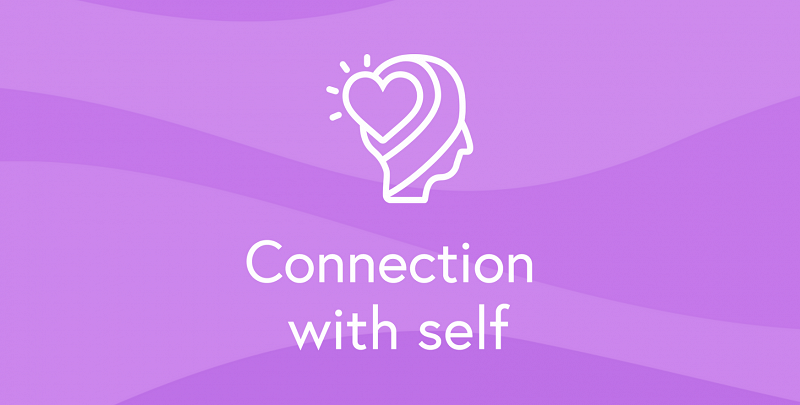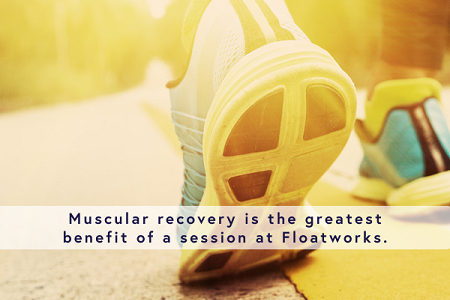How the Pandemic Changed Our View of Mental Health
Mental health was thrust into the spotlight over the course of this pandemic. As the world transformed into a bleak reality with lockdowns, COVID cases and deaths, unemployment, and lack of social interaction, many people turned to different ways to cope. Some made bread while others barrelled down on their exercise regimens. However, others also used food and alcohol as crutches to deal with the complex, negative feelings that this “new normal” has brought upon us.
Society’s collective mental health spiralled into a new low, with more psychological morbidities in UK populations than ever, especially among younger people. This has placed a new emphasis on the importance of mental health and how our views have changed on it in the context of the pandemic.

How the Pandemic Has Affected Our Mental Health
COVID-19 is a multifaceted issue involving aspects of health, economy, and social norms. It is because of this that its effect on mental health is so pronounced. People aren’t just dealing with the grief that comes with losses to the virus, but they also mourn lost opportunities and aspirations for their future.
During the pandemic, even the smallest changes in daily routines have an effect on mental health. One of these unexpected changes was wearing face masks. Indeed, face masks have become an essential part of our days, as scientific data has proven that covering the nose and mouth are effective in blocking out particulates that can transmit the COVID-19 virus. Brands have even produced various styles and designs to make masks more stylish, with reusable ones being particularly popular. Unfortunately, while they are necessary for the protection of one’s physical health against the virus, face masks (no matter how cute the design) have the unintended effect of making existing mental health issues worse. Conditions like mask anxiety can result from the uneasy feeling that the virus is all around us or that masks will affect our breathing.
Another significant change is the way we work. There was a clamour for remote work pre-COVID, but negative aspects of this arrangement are now more apparent than ever. Self-motivation is difficult to maintain, and the blurred boundaries between work and home life have caused a drop in productivity and reduced work-life balance.
Mental health was already a serious issue prior to the pandemic, but the virus amplified them and introduced new problems to the table.
How Views on Mental Health Have Changed
However, the pandemic has also transformed views on mental health, which wasn’t always readily accepted given the stigma that clouds people’s judgments. Fortunately, that has started to change in the past year in several ways.
More Interconnectedness
As physical interactions dwindled due to restrictions, people turned to other communication platforms to stay connected. The ill effects of extended isolation have made us realise the value of our social networks and the quality of these connections. Though it may be tempting to climb under your duvet and get away from the negative world around you, depression and anxiety thrive in such conditions. Ultimately, we have grown to understand and appreciate the role of social support systems in our mental health and found ways to maintain them despite the lack of physical closeness.
Less Stigma
COVID-19 helped break the stigma by making people understand that mental health disorders can affect anyone, regardless of background. Those who underestimated mental health issues have realised how serious it actually is and now have more respect for those who constantly live with this reality. As people share their experiences online, more are starting to understand mental health and break the stigma associated with it. The hope is that this trend will continue in the post-pandemic world and lead to better mental health services and access.
Increased Self-Awareness
Many complex emotions and thoughts are bubbling underneath the surface as we struggle to live life normally during COVID, and we may not always be aware of them. This can cause feelings of inner turmoil and result in conflict with others during this stressful time. The pandemic forced us to look inward, cultivate a better understanding of these thoughts and feelings, and build our self-awareness. Increased self-awareness and shaping our mentality in the health crisis helps us make sense of complicated feelings and make better decisions. It also allows us to improve the quality of our relationships in terms of clear communication and expectations.
The Future of Mental Health Post-Pandemic
Though we have made leaps and bounds in changing our views on mental health during the pandemic, there is still plenty of work to be done. Interventions in mental healthcare can consider better integration into the primary healthcare and education systems. Normalising self-care should also be prioritised with well-informed and sensitive information-sharing practices on social media. Mental health is not just a struggle that deserves a spotlight during the pandemic, but is a real concern that needs to be addressed well beyond it.
Written by Jennifer Birch for floatworks.com

In a disconnected and demanding world, people float to reconnect with themselves. If you haven’t tried Floatworks yet, now it’s the perfect chance to try us out. All customers get a one-off 3 floats for £99 offer, so why not make the most of it this month.
Book a float










